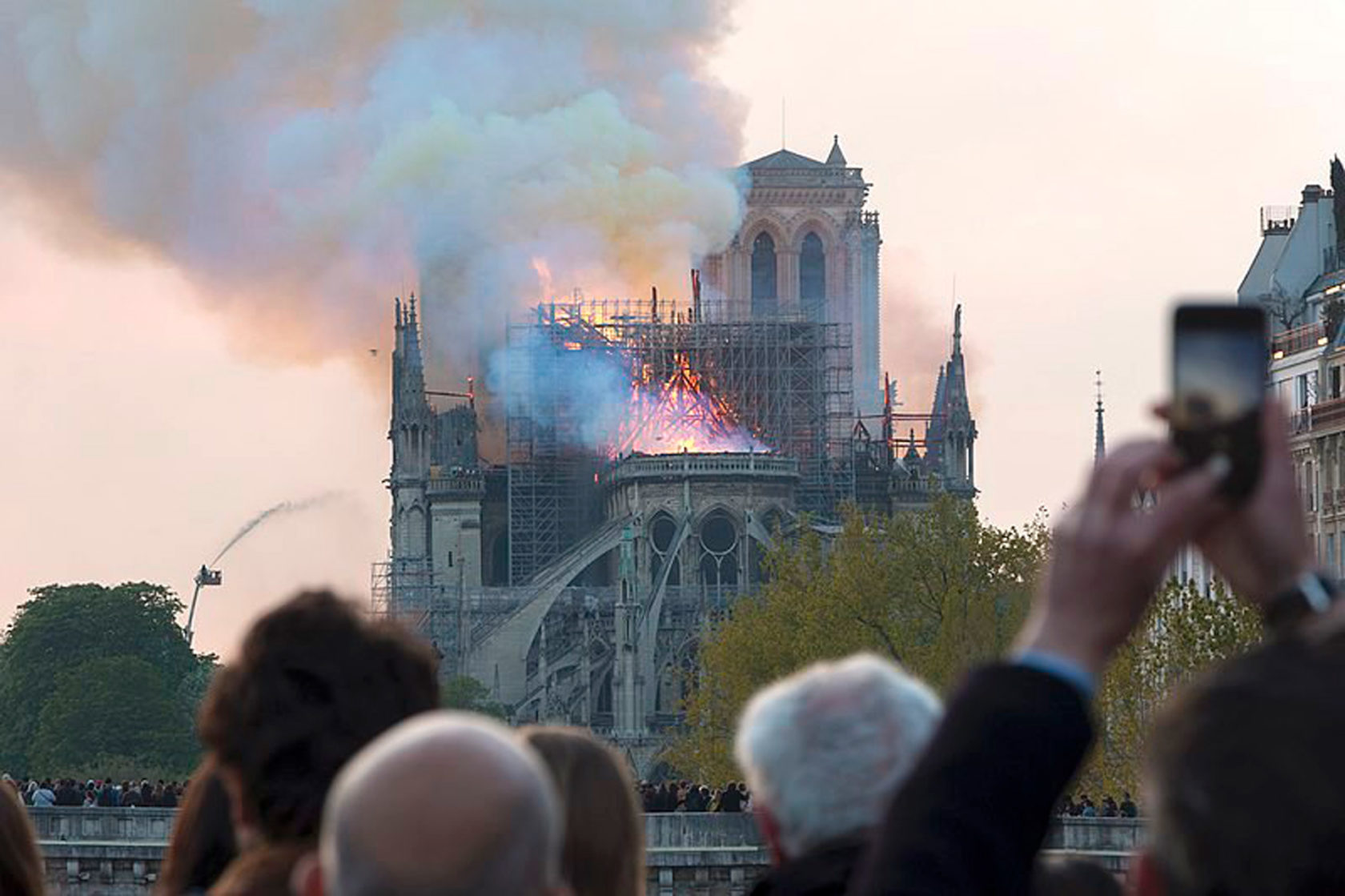Can Shame Be a Sign of Hope?

We can safely say there is a dissonance between what civic institutions represent to the public today and what they were originally created for, often many generations ago. At times it feels as though our institutions—from museums to libraries, schools, and universities—are drifting by somewhere between the past and the present. They may no longer really serve what people are looking for, and as a result, people don’t care for them as much as their parents and grandparents may have. You may sometimes find yourself wondering, as we do: What lies ahead for these civic institutions if they cannot meet the public where they stand?
Granted, civic institutions must continue to embrace and drive change, and they often want to redefine themselves in the process. Not all of that connection and responsibility among previous generations is lost today. There are inspiring moments, often stemming from awful events, that show how people across generations and socio-economic backgrounds still care.
Is their outpour of emotion also unearthing a hope that institutions may play different, more relevant roles in society moving forward?
Take this past April, when Paris and much of the world watched in shock as the cathedral Notre-Dame de Paris went ablaze for 15 hours before the fire was quenched. Photos and videos from that day show onlookers grieving, crying or praying. Eyewitness testimonies reported by The Guardian, among others, depict a mosaic of reactions, but one that stands out is the sense of collective shame that “on our watch we let it burn.” We saw a similar response of shame after a major fire destroyed Brazil’s National Museum in 2018.
Is it not just the devastation of buildings, collections, and histories that generates this enormous sense of shame amongst the onlookers of these disasters? Is their outpour of emotion also unearthing a hope that institutions may play different, more relevant roles in society moving forward? Is it also a shame for not taking our collective responsibility to more actively support and collaborate with the many people hard at work everyday within these civic institutions?
A collective response of shame makes sense. We live in a polarized time, characterized by a retreat from public life, on the one side; and a deep engagement on key topics, on the other side. Then, there are too many distractions coming at us from left and right, dwindling attention spans, and simultaneous eroding any sense of privacy. These social, technological, political, and economic shifts may numb to the extent that it takes tragedies to rouse any sense of collective responsibility or accountability for our institutions.
It’s clear that civic institutions are still held by many as treasured sites of history and collective memory, and of a future potential. Catastrophes like these recent fires serve as reality checks: The shame and sorrow that emerge from the destruction remind us that without proper care, the institutions we so often take for granted can be taken from us in an unexpected instant. In order for robust and relevant public institutions to survive and thrive, as professionals and public stewards, we need to take that shame, harness and transform it into action for our institutions of tomorrow.

